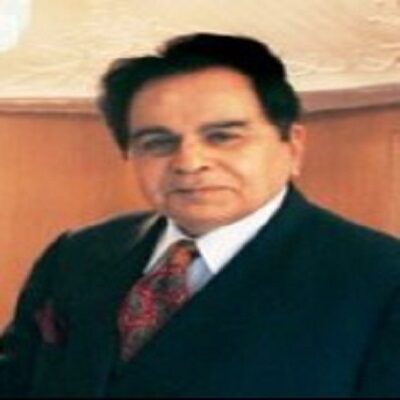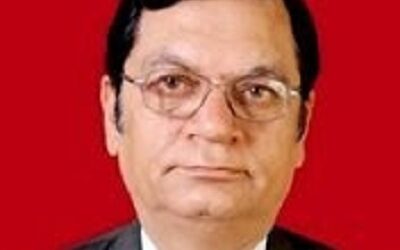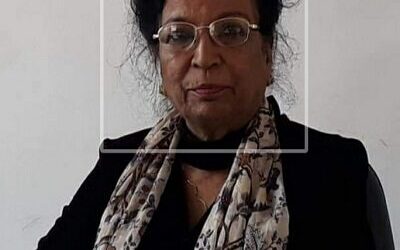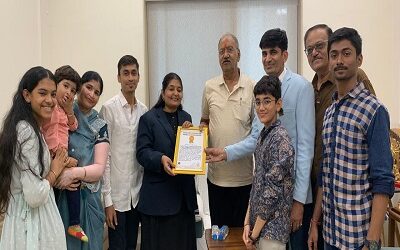Dilip Kumar: The tragedy king passed away on 7 July 2021 at the age of 98. With this, the rare diamond of acting from Indian cinema was separated forever. Dilip Kumar was the product of the prestigious film production house Bombay Talkies.
In 1943, during a meeting with Devika Rani, the operator of Bombay Talkies, Yusuf requested him to hire him as a writer, but she assessed his face and hired him as an actor for Rs 1,000 per month and gave him work and name. It was here that he became Dilip Kumar from Yusuf Darbar Khan and learned the ropes of acting. Dilip Kumar always took care of his image through his acting and this was the reason that his acting level never came down. Many stars, superstars, and mega stars came and went during his tenure but Dilip Kumar always remained parsimonious. Crores of people of the Indian subcontinent have felt his miraculous acting skills on screen. Civilized, cultured, and noble, this actor presented himself in many forms from colourless to colour cinema screen.
Example of self-reliance
Dilip Saheb was counted among the highly sensitive artists but he moulded his personality and life with the harmony of heart and mind. He was a living example of a self-made man (self-reliant). In his film career, he got a special reputation as a failed lover but also proved that he was not less than anyone in the case of the comic character. He was also called Tragedy King and All Rounder. Dilip Kumar became a psychopath while doing a tragic film. A London psychiatrist advised him to do a comedy role. Azad, Kohinoor, Leader, and Gopi films are proof of this.
The acting school
His attitude towards acting was always perfectionist. He used to be the backbone of films in his youth, then he gave innovation in adult roles as well. He set new benchmarks of perfection and excellence. There was an aesthetic pleasure in his acting. Dilip Kumar was also called Madrasa of acting. He was an inspiration and role model for every student of acting.
Devoted to the nation
Dilip Kumar was also awarded the Padma Bhushan in 1991 by the Government of India for his service to the nation through his strong actions. In 1995, Dadasaheb Phalke Award, the highest national award for films, was also given. Not only our country, but the neighbouring country Pakistan also recognized his acting ability and was awarded Pakistan’s highest civilian honour: Nishan-e-Imtiaz in 1997. In 1953, Dilip Kumar also received the Best Actor Award for the film ‘Daag’ along with Shree Ganesh at the Filmfare Awards. He also qualified for the Filmfare Award for Best Actor for the most eight times, which is an example. In 1993, along with the Life Time Achievement Award in memory of Raj Kapoor, he also received the NT Rama Rao and Ramnath Goenka Awards.
Along with acting, Dilip Kumar also campaigned for the Congress party in the country’s first general election. He was also a Rajya Sabha member of the Congress and he also showed activism to solve the problems of the film industry.
Sometimes work sometimes rest
Due to his family responsibilities, Dilip Kumar started married life after a long wait. On 11 October 1966, at the age of 44, he married Saira Banu, the daughter of yesteryear actress Naseem Banu, much younger than him. By the time he got married, Dilip Saheb had done all those films for which he is remembered. Later he adopted the work style of sometimes work and sometimes rest. He never let his popularity and reputation become a means of earning money.




